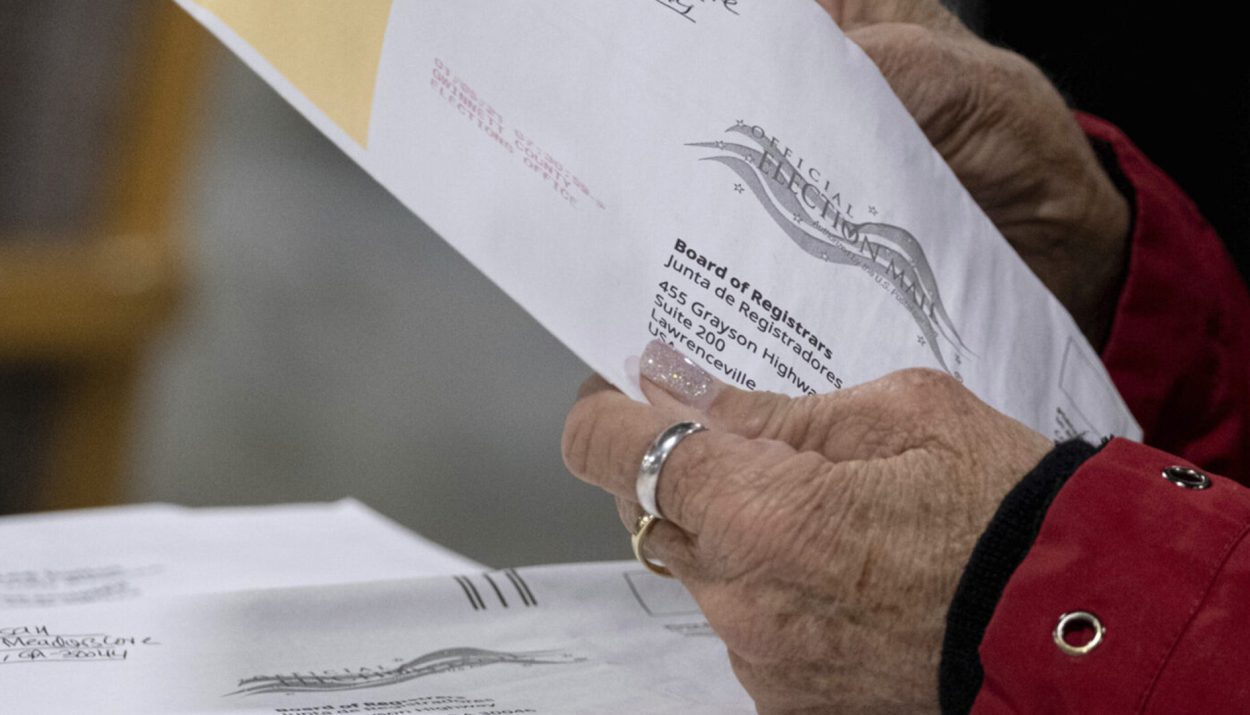The Supreme Court recently declined to hear an appeal that challenged Texas’ mail-in voting rules, which allow senior citizens to vote by mail while restricting that option for younger voters. This controversial policy underscores the partisan debate around mail-in ballots.
While Democrats promote mail-in voting to increase turnout, Republicans argue it heightens the risk of voter fraud. However, documented fraud is rare and seems more common with mail-in than in-person voting, according to MIT’s Election Data and Science Lab.
Supreme Court Rejects Texas Mail-in Ballot Appeal
On Monday, the Supreme Court declined to hear an appeal that would have made mail-in voting an option for all Texans, not just those over 65.
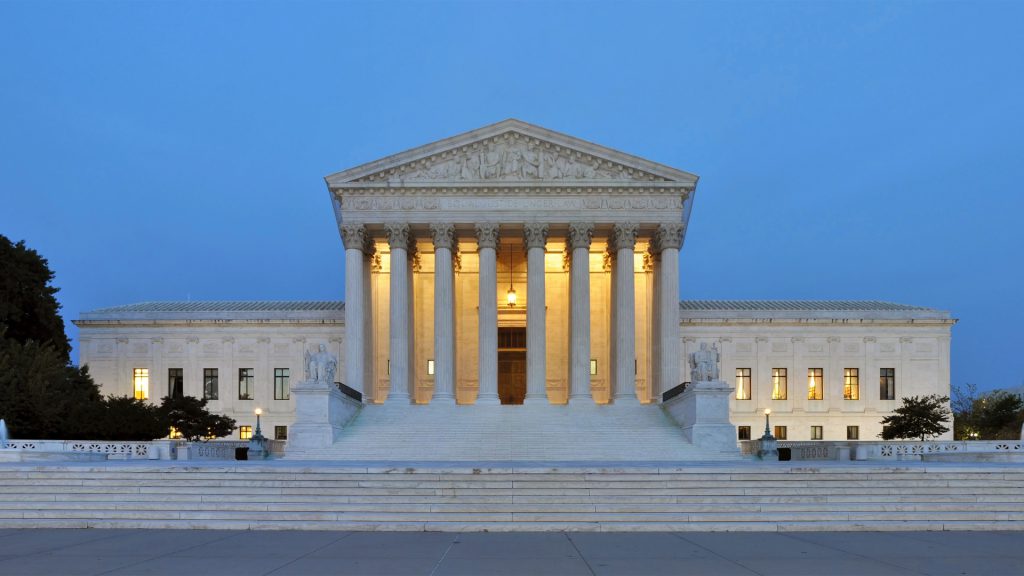
The court rejected a challenge to voting rules in Texas that automatically allow senior citizens to vote by mail but restrict younger voters to limited circumstances.
Unequal Treatment Of Voters Under 26th Amendment
The challengers argued that unequal treatment of voters based on age is discrimination prohibited under the 26th Amendment.
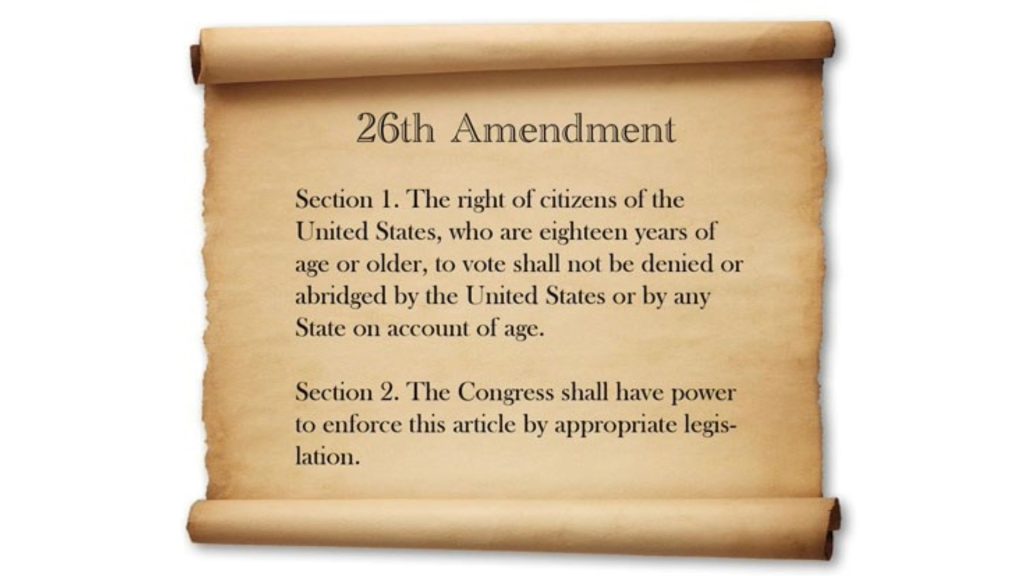
Ratified in 1971 to lower the voting age to 18, the Amendment states that the right to vote “shall not be denied or abridged … on account of age.”
Texas Taking A New and Different Approach
Most states now mail ballots to all voters or allow all residents to request an absentee ballot for any reason. However, Texas says it has taken a different approach to protect voting integrity.
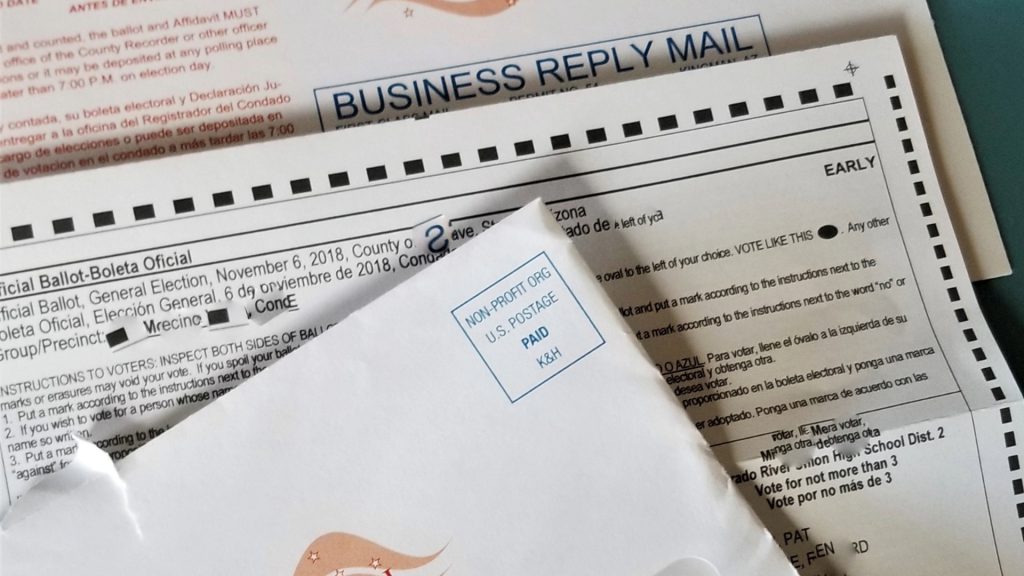
The state recognizes that older voters may face mobility issues or health concerns that make in-person voting difficult. However, Texas argues that allowing all voters to request mail-in ballots would increase the potential for fraud.
Texas Law Allows Seniors but Not Younger Voters to Vote by Mail
The Supreme Court’s decision upholds a Texas law allowing only voters 65 and older to vote by mail without an excuse. Younger voters still need a valid reason, like being out of the country on Election Day.
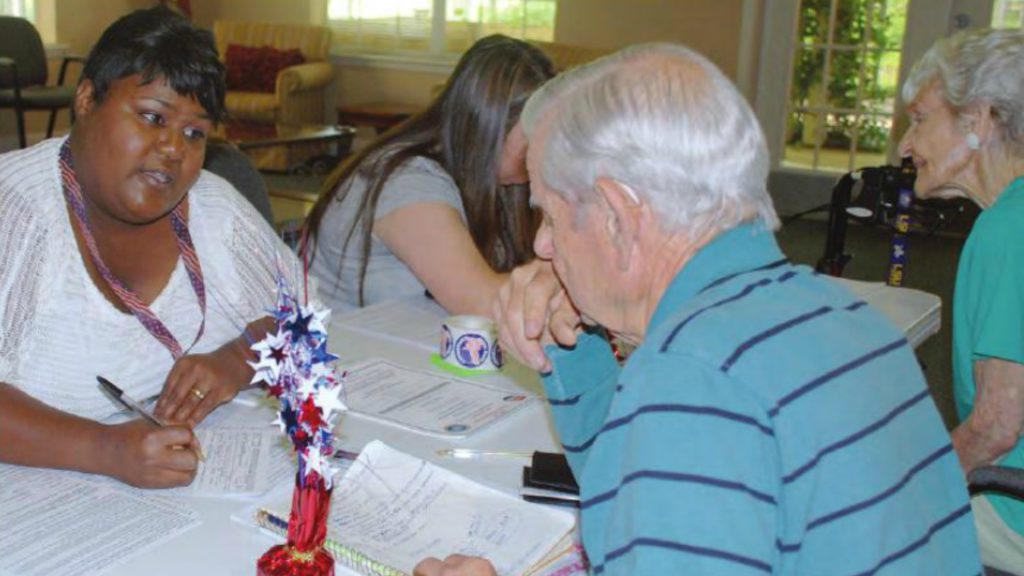
Critics argue this policy creates unequal treatment based on age, violating the 26th Amendment banning voting discrimination against people 18 and older.
A National Debate
The court’s decision highlights a national debate over voting rules. Democrats typically support expanding mail and early voting to boost turnout.
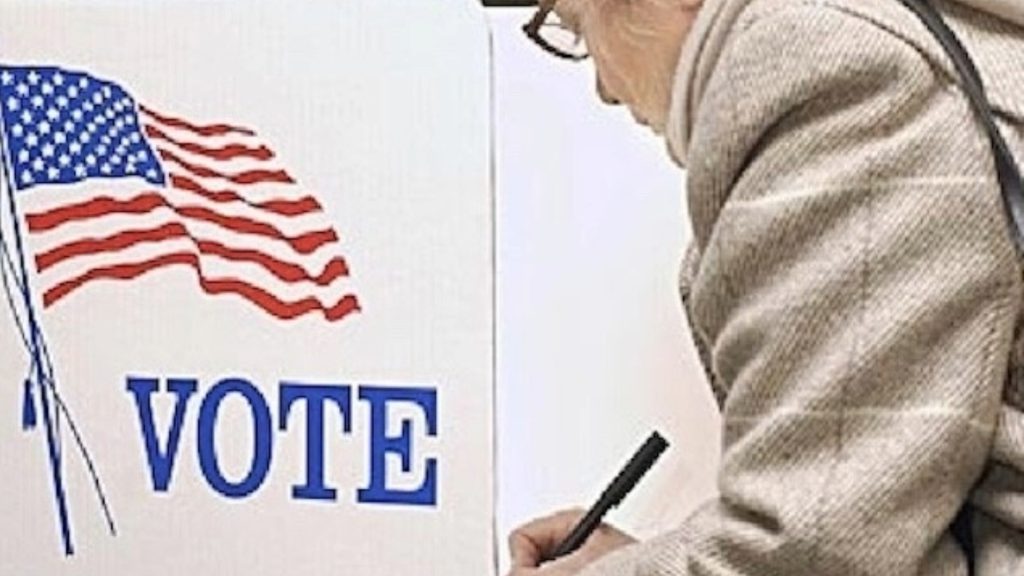
Republicans often argue tighter restrictions are needed to ensure election security, though again, evidence of meaningful fraud is scarce.
Texas Just Got The Ball Rolling on Voting Debate
The Texas case is unlikely to end this debate. With most states now allowing no-excuse mail voting, unequal policies like Texas may face new legal challenges.
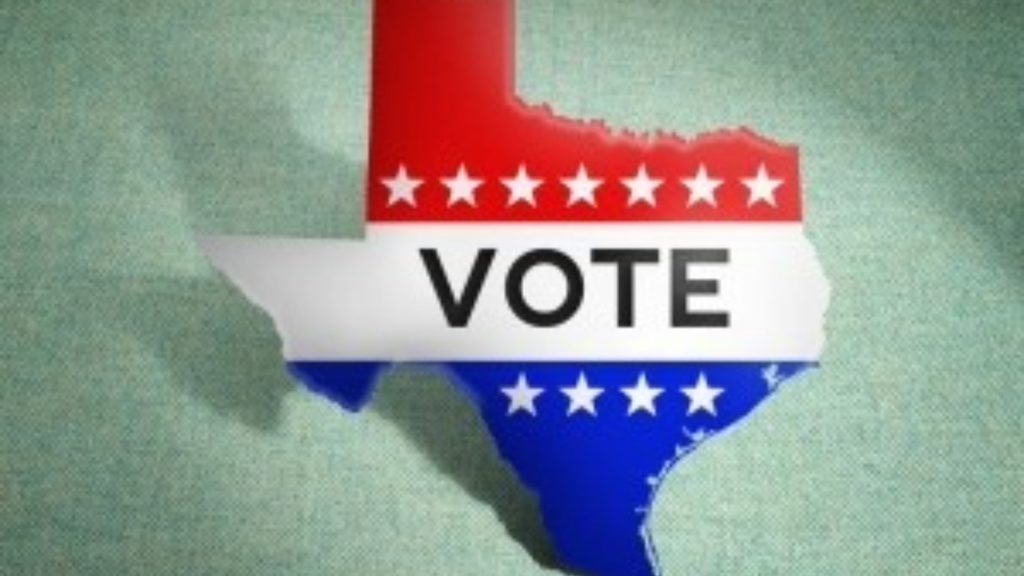
Future court rulings could determine whether or not a state has a legitimate interest in restricting mail ballots to certain groups.
Protection of Voting Integrity
Texas said it aims to protect voting integrity. It recognizes that older voters may face difficulties voting in person. The state said that allowing anyone to vote by mail would increase the risk of voter fraud.
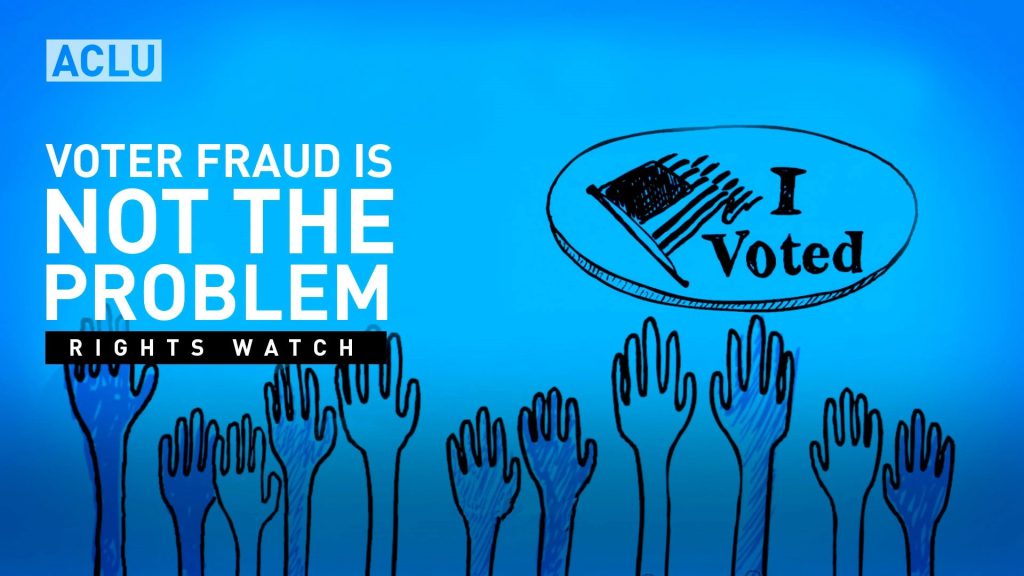
According to research from MIT, about one-third of voters cast mail ballots in the 2022 midterms. The study found that mail voting can modestly increase turnout in some elections but may have a bigger impact on primaries, local elections, and special elections.
The Court Also Rejected a Similar Challenge to Indiana Law
The court rejected a similar challenge in 2021 to Indiana’s voting rules. The challengers argued that unequal treatment of voters based on age violates the 26th Amendment, which lowered the voting age to 18 in 1971.
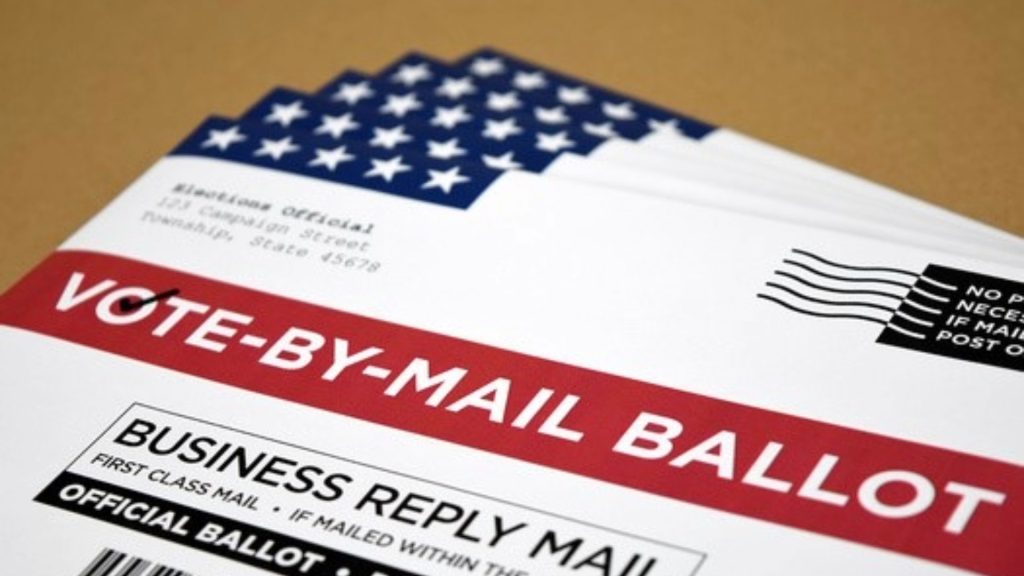
The Amendment states that the right to vote “shall not be denied or abridged … on account of age.”
Advocates Say Mail Voting Increases Turnout
Advocates argue that mail-in voting can increase turnout, especially for those who face difficulties voting in person.
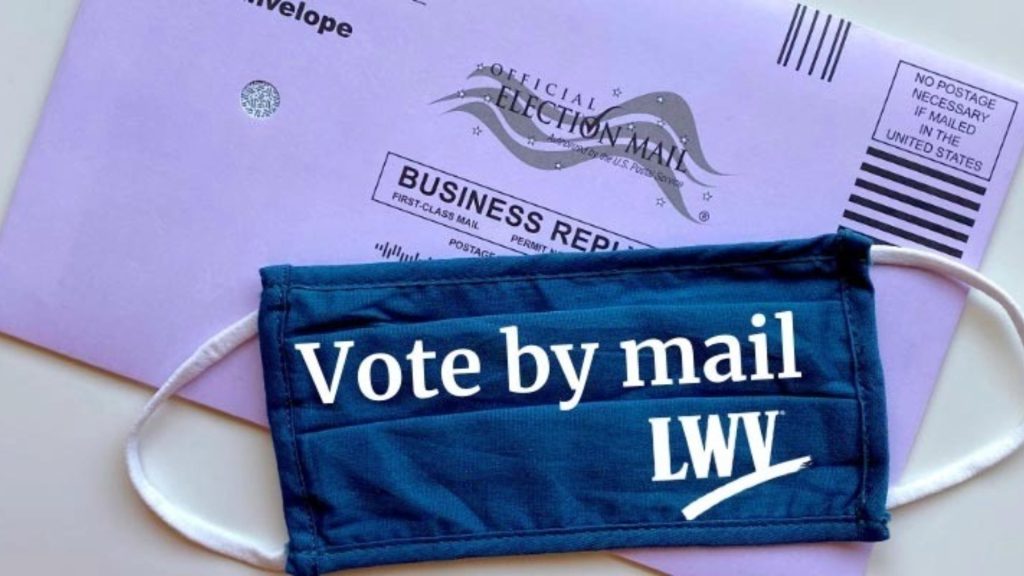
According to MIT Election Data & Science Lab research, mail-in voting may modestly increase voter participation in national elections and have an even bigger impact on state and local elections.
Higher Turnout in Primaries and Local Elections
While the effects seem relatively small for high-profile national elections, mail-in voting appears to have a bigger influence on turnout for primaries, local elections, and special elections.
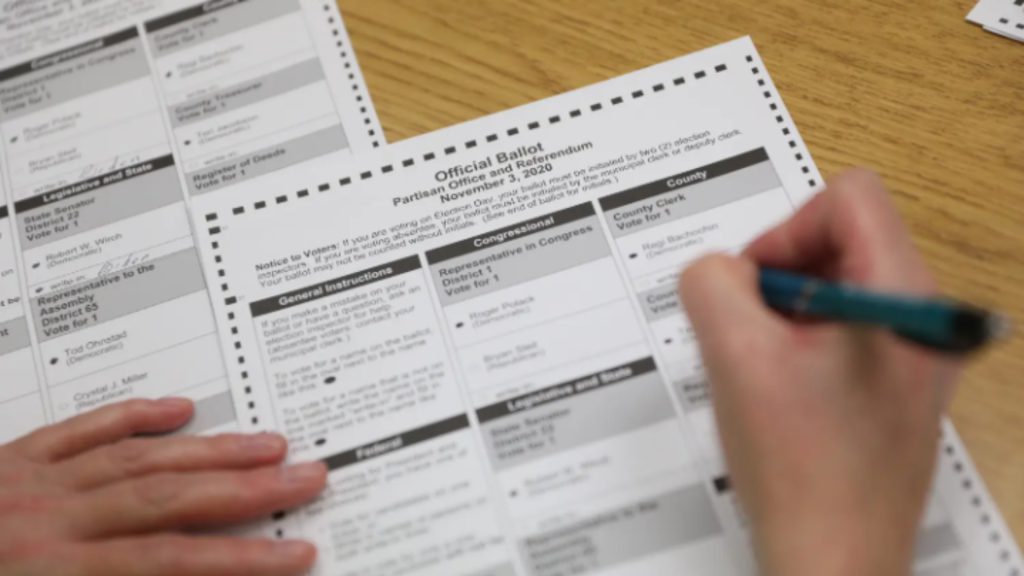
When voting by mail is an option, those who may not prioritize voting in person for these types of elections are more likely to participate by mailing in their ballot.
Partisan Divide
There is a partisan divide over mail-in voting, with Democrats typically favoring expanded access and Republicans raising concerns about fraud.

However, according to election experts, documented cases of fraud related to mail ballots are extremely rare. Most experts argue that the benefits of increased voter participation far outweigh the risks.
A handful of States Restrict Mail Voting to Older Voters
Most states now mail ballots to all voters or allow all residents to request an absentee ballot for any reason. However, Texas claimed that its approach helps protect voting integrity.
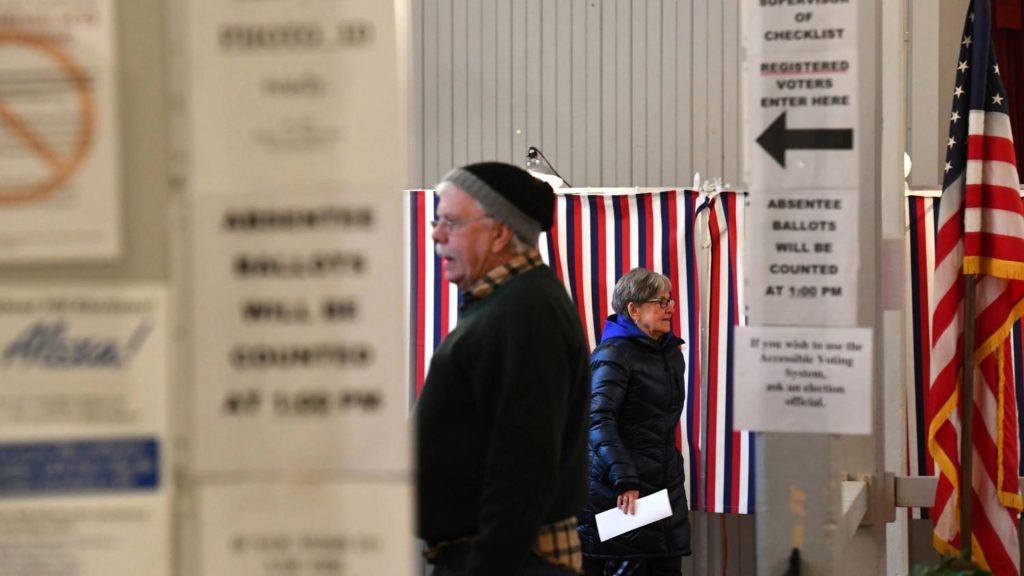
The state recognizes that older voters may have limited mobility or other difficulties that make in-person voting challenging. Texas argued that allowing anyone to request a mail ballot would increase the potential for voter fraud.
An Aim To Balance Voting Access and Voting Integrity
Texas’ mail-in ballot rules have been controversial, with some arguing the policy discriminates against younger voters.
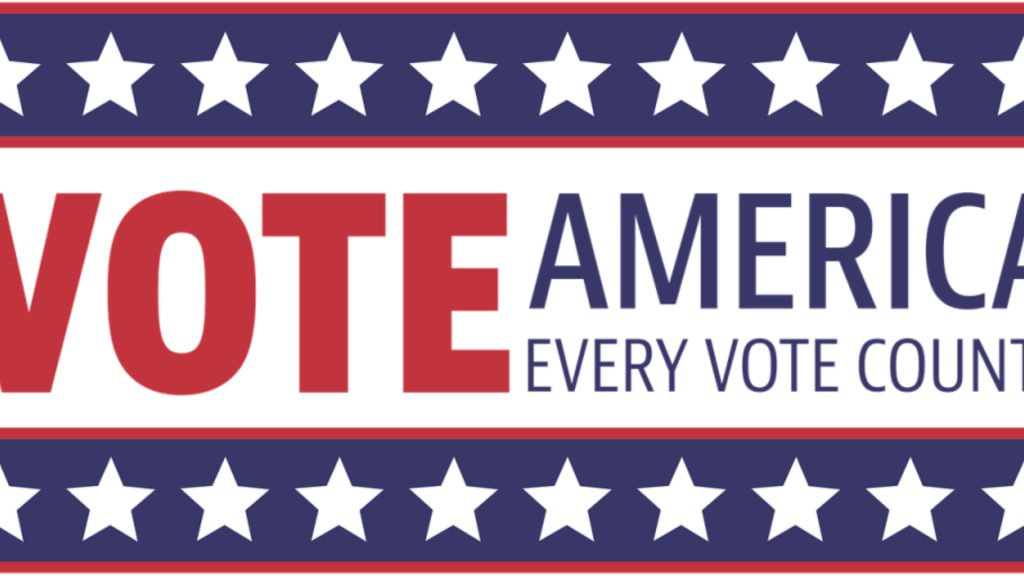
Texas’ mail ballot rules aim to balance voting access and integrity based on the state’s analysis of policy trade-offs.
Expanding Mail-In Voting Digitally
While expanding mail-in voting can increase voter participation, states like Texas argue it can also raise the risk of fraud.
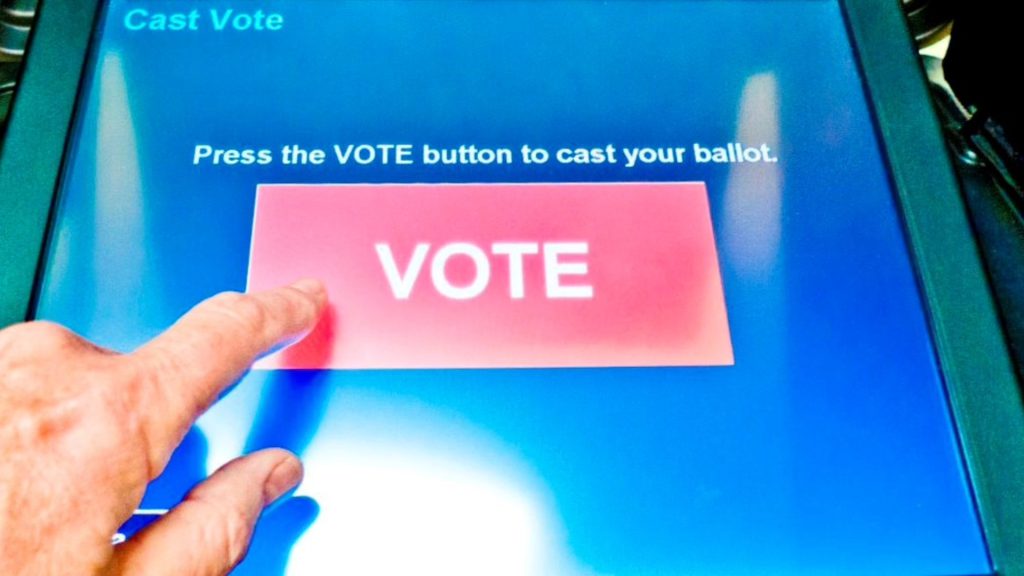
With voting rights a heated partisan debate, the justices appear inclined to let states decide how best to balance voter access and election integrity.

